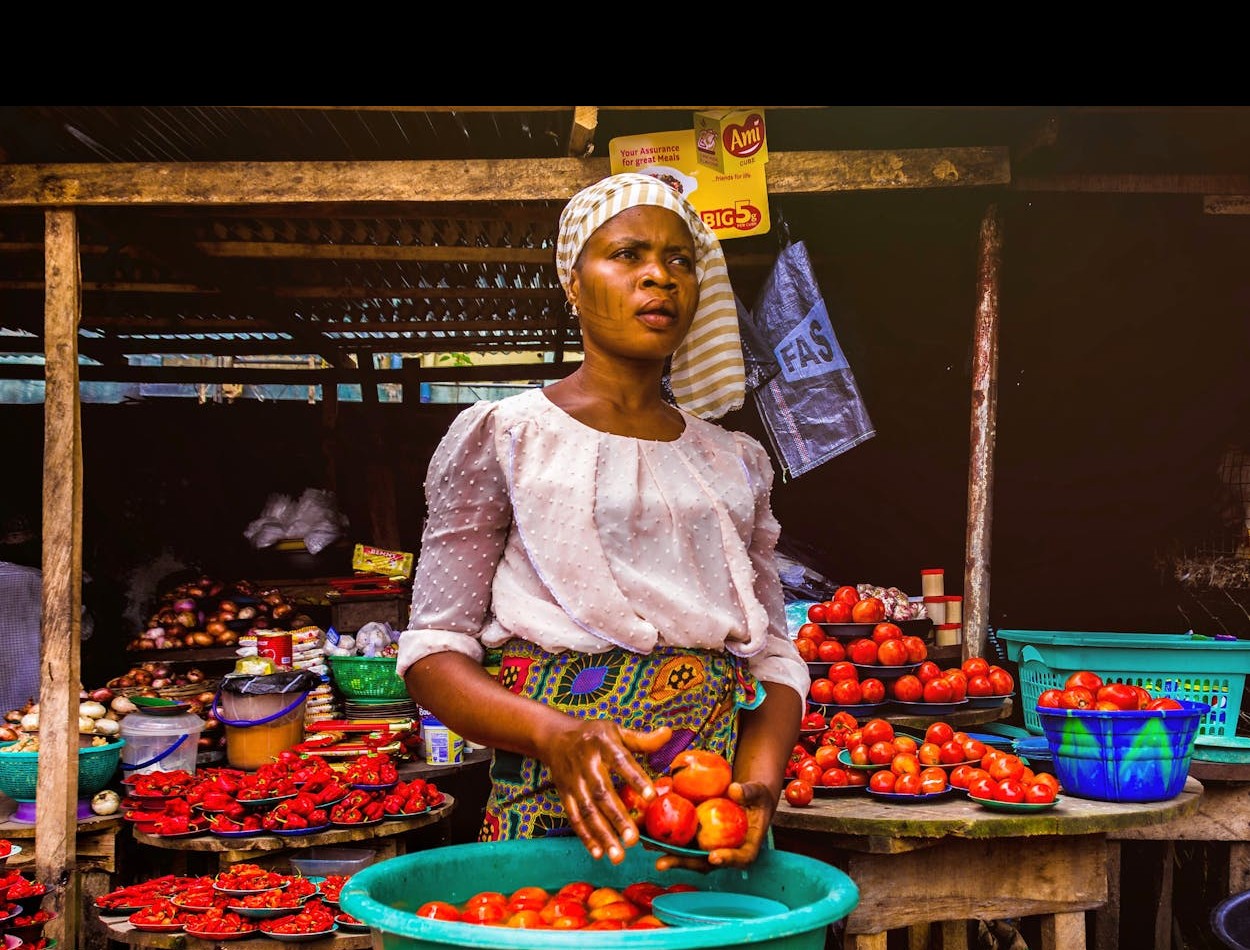In a remarkable shift that reflects the dynamic growth and potential within the African continent, several nations are emerging as economic powerhouses and are set to redefine the landscape by 2030.
With a combination of demographic advantages, technological advancements, and strategic policy initiatives, these nations are poised to not only sustain their economic prowess but also contribute significantly to the continent’s overall development.
Contents
- Nigeria: The giant awakens
- South Africa: A renaissance unfolds
- Egypt: Unleashing potential with youthful population
- Kenya: East Africa’s economic engine
- Ethiopia: The rising African tiger
- Ghana: Stability and diversification
- Côte d’Ivoire: West Africa’s economic dynamo
- Morocco: A North African economic hub
- Tanzania: East Africa’s hidden gem
- Angola: Rebuilding and diversifying
Nigeria: The giant awakens
Nigeria, often dubbed the “Giant of Africa,” continues its economic ascent, diversifying beyond its reliance on oil.
With a projected population surge and ongoing economic reforms, Nigeria is eyeing a robust future.
Investments in sectors like agriculture, technology, and manufacturing are key to this economic evolution, as the nation seeks to harness its vast potential and solidify its position as a continental economic leader.
South Africa: A renaissance unfolds
South Africa, historically the economic powerhouse of Africa, is on a path to rejuvenation.
The nation is actively implementing structural reforms to overcome historical challenges, attract foreign investment, and stimulate growth across diverse sectors.
With a well-established financial sector and a renewed commitment to innovation, South Africa aims to regain its status as a leading African economic hub.
Egypt: Unleashing potential with youthful population
Strategically located and boasting a large, youthful population, Egypt is emerging as a force to be reckoned with.
Ambitious economic initiatives, including investments in infrastructure, renewable energy, and technology, position Egypt as a significant player in Africa’s economic resurgence.
The nation’s youthful demographics provide a solid foundation for innovation and productivity gains.
Kenya: East Africa’s economic engine
Kenya is fast becoming East Africa’s economic hub, fueled by a dynamic and innovative economy.
Initiatives like the Silicon Savannah project and substantial investments in technology are propelling Kenya into the digital age.
The country’s commitment to infrastructure development, particularly the ambitious LAPSSET corridor, further cements its role as a key player in regional trade, bolstering economic prospects.


Ethiopia: The rising African tiger
Ethiopia’s economic trajectory is capturing global attention as it pursues ambitious development plans.
Focused on industrialization, infrastructure, and agricultural modernization, Ethiopia aims to transform into a middle-income country by 2030.
The nation’s appeal to foreign investors, coupled with a burgeoning young population, positions Ethiopia as a potential African economic tiger.
Ghana: Stability and diversification
Ghana’s stable economic growth, attractive to foreign investors, is rooted in diversification efforts.
Sectors such as oil and gas, agriculture, and services play key roles, contributing to the nation’s stability and continued economic expansion.
Côte d’Ivoire: West Africa’s economic dynamo
Côte d’Ivoire is making waves in West Africa with a thriving economy fueled by agricultural exports, infrastructure development, and political stability.
Strategic initiatives and a commitment to economic diversification position the nation as a regional economic dynamo.
Morocco: A North African economic hub
Morocco’s strategic location and diversified economy make it a North African economic hub. Investments in infrastructure, renewable energy, and technology are driving growth, while economic reforms and stability enhance the country’s attractiveness to global investors.
Tanzania is emerging as a hidden gem in East Africa with a growing economy and strategic infrastructure projects.
The nation’s commitment to economic reforms and regional integration positions it as a promising player in Africa’s economic landscape.
Angola: Rebuilding and diversifying
Angola is undergoing a transformative phase, rebuilding its economy and diversifying beyond oil.
Infrastructure development, economic reforms, and investments in key sectors are paving the way for Angola to become a resilient economic player in Southern Africa.
As these ten nations forge ahead with their economic agendas, Africa’s largest economies are not only contributing to regional development but also presenting enticing opportunities for global investors.
The continent’s potential is set to be fully realized, creating a ripple effect of progress, innovation, and prosperity across Africa by the year 2030






